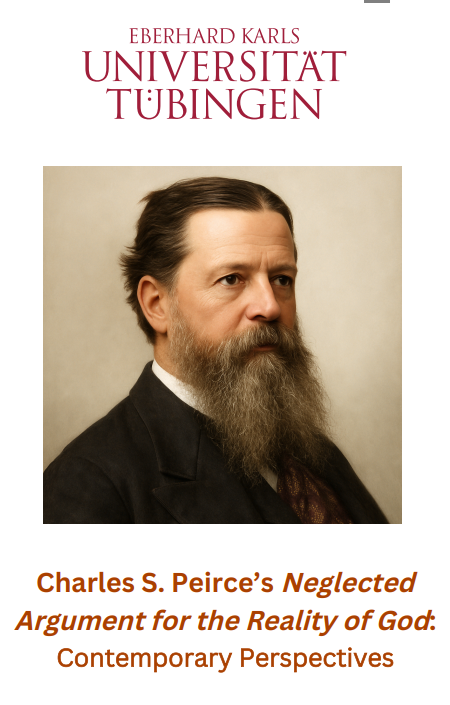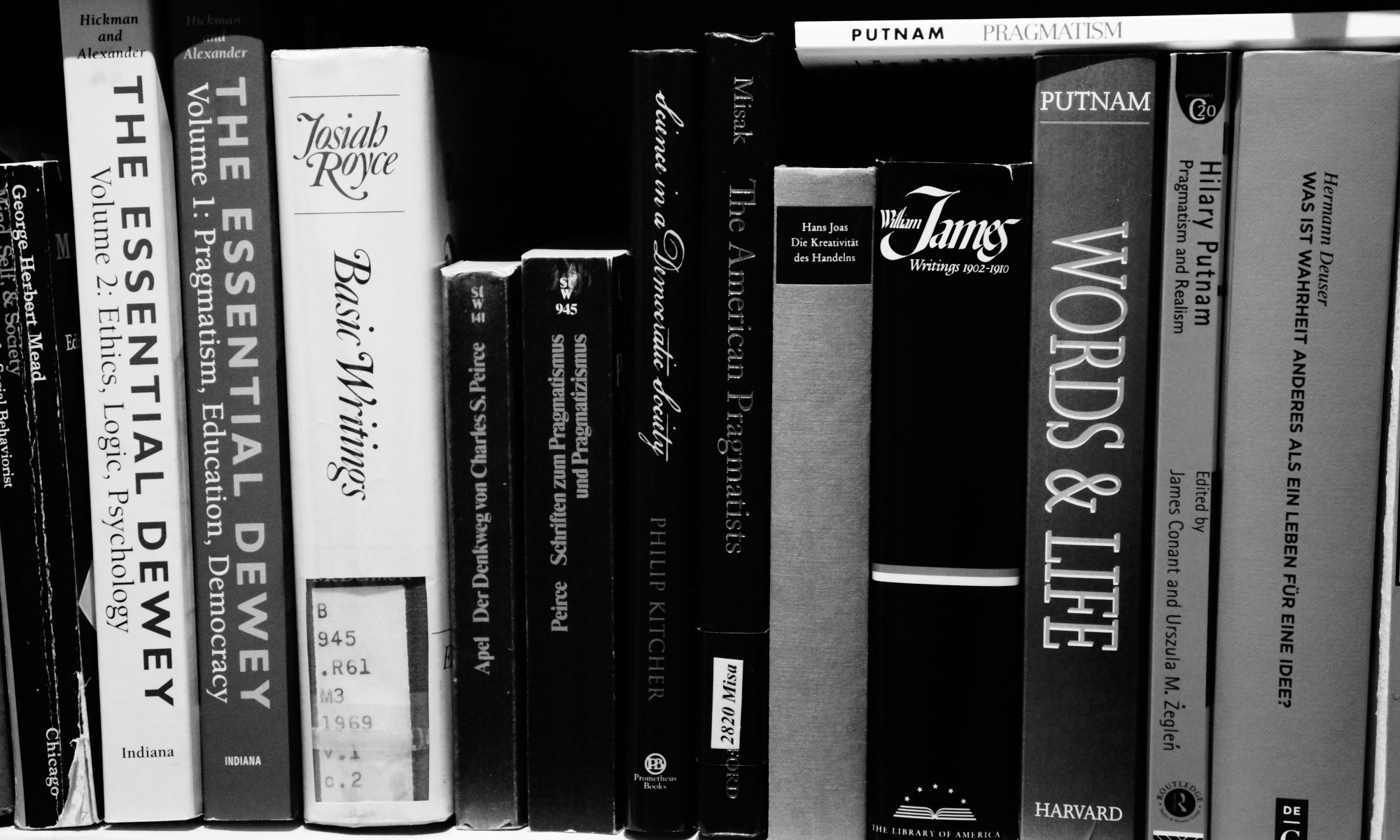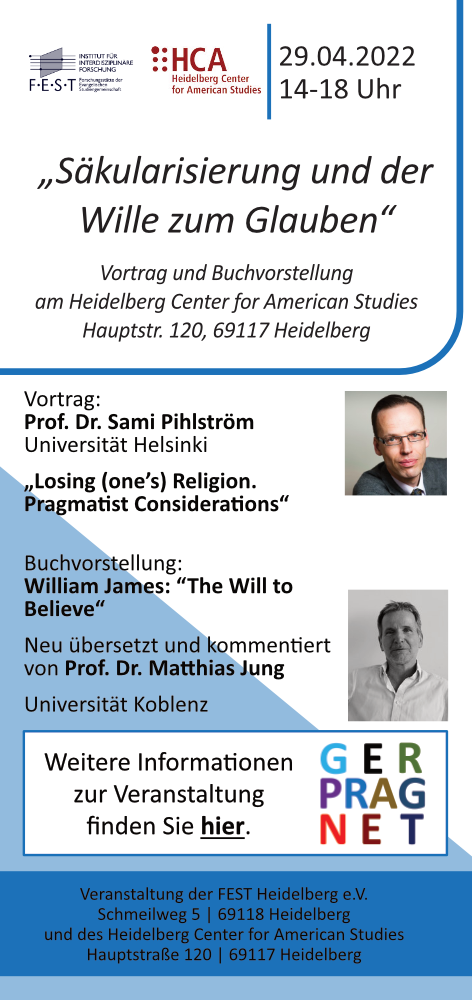*English version below*
Der kritische Impuls des philosophischen Pragmatismus hat sich von Beginn an nicht nur auf bestimmte Weisen des Theoretisierens, sondern ganz wesentlich auch auf die gesellschaftliche Praxis gerichtet. Die vom Pragmatismus angestrebte „Erneuerung der Philosophie“ ist kein bloßer Selbstzweck: Die grundlegende Transformation der akademischen Theoriebildung zielte zugleich auf andere, bessere Formen der Gestaltung von Gesellschaft. So lässt sich der Pragmatismus auch als kritische Theorie im weitesten Sinne verstehen, geht er doch mit dem Anspruch einher, gesellschaftliche Missstände identifizieren und problematisieren zu können, um sie letztlich zu überwinden. Die dritte Jahrestagung des German Pragmatist Network soll das gesellschaftskritische und sozialtransformative Angebot des Pragmatismus erhellen, auf den Prüfstand stellen und, wo erforderlich, weiterentwickeln.
Weitere Informationen bezüglich des Themas sowie möglicher Fragestellungen entnehmen Sie bitte dem Call for Papers.
Für jede Präsentation ist eine Sektion von insgesamt 40 Minuten vorgesehen (20 Minuten Vortrag, 20 Minuten Diskussion). Außerdem besteht die Möglichkeit, eigene Projekte im Rahmen einer freien Postersession zu präsentieren, die für alle pragmatistischen Themen geöffnet ist. Bitte reichen Sie Abstracts sowie Poster-Vorschläge (Deutsch oder Englisch, maximal 300 Worte) per Mail bei Ana Honnacker ein: ana.honnacker[at]hfph.de
Die Konferenzsprache ist Deutsch, englische Vorträge sind aber möglich und willkommen.
Einreichungen werden bis zum 13. Mai 2024 akzeptiert und das Ergebnis des Call for Papers wird im Juni bekannt gegeben.
Für die Keynote-Vorträge konnten Hans Joas (HU Berlin) und Rahel Jaeggi (HU Berlin) gewonnen werden.
Organisation: Prof. Dr. Michael Reder, Dr. Ana Honnacker, Julian Prugger M.A., Danilo Gajic M.A.
The critical thrust of philosophical pragmatism has always been directed at social practices, too. The „renewal of philosophy“ sought by pragmatism was not a theoretical end in itself: the fundamental transformation of (academic) theoretical development aimed simultaneously at other, better forms of shaping society. In this sense, pragmatism can also be understood as a critical theory in a broader sense, as it includes the claim to identify and articulate social problems to ultimately overcome them. The third annual conference of the German Pragmatist Network seeks to illuminate, discuss, and further develop the critical and socio-transformative potential of pragmatism.
Please see the call for papers for further information on possible topics and research questions.
Each presenter will have 20 minutes for their talk, followed by 20 minutes for discussion.
Additionally, there is the opportunity to present your projects in a free poster session, open to all topics in the general field of pragmatist research. Please submit abstracts and poster proposals (in German or English, up to 300 words) by email to Ana Honnacker: ana.honnacker[at]hfph.de
The conference language is German, but English presentations are possible and welcome.
Submissions will be accepted until May 13, 2024, and the results of the call for papers will be announced in June.
Hans Joas (HU Berlin) and Rahel Jaeggi (HU Berlin) have been confirmed as Keynote Speakers.
Organised by: Prof. Dr. Michael Reder, Dr. Ana Honnacker, Julian Prugger M.A., Danilo Gajic M.A.


